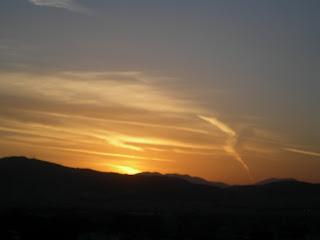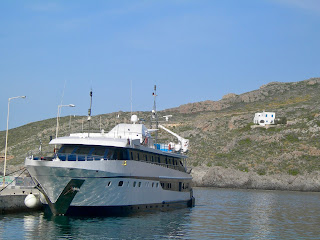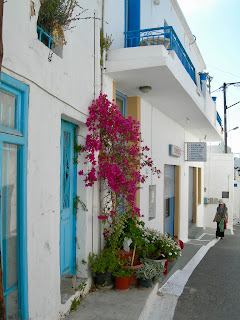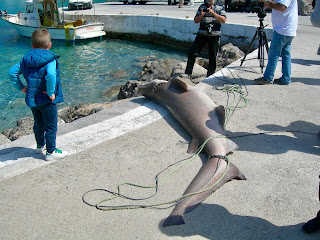My Church History professor rejected my paper. He wrote on the title page, “I don’t want to know what you think. This is a research paper and should reflect not your thoughts and opinions, but what others have thought and said about this subject.” I re-wrote the paper. Every sentence, every paragraph, contained the words of others, properly footnoted. There was nothing of “me” or of “my truth” in any of it.
I’ve always been intrigued by Jesus’ conversation with Pilate recorded in the Gospel According to John. In the 18th chapter, Jesus and Pilate are in the governor’s headquarters and Pilate asks Jesus, “Are you the king of the Jews?” Jesus responds, “Is this your own idea, or have others suggested it to you?” What Jesus seems to be saying is, “Is this something out of you? Is it born out of your own thinking and experience? Is it your idea, your truth?”
Is this your idea, your own thinking, your considered opinion, or is it something FOX, CNN, ABC, NBC, MSNBC, Saturday Night Live, the Washington Post, the New York Times, the Bible, or some TV evangelist has told you? Is it somebody else’s interpretation? Is it somebody else’s opinion? Is it just something you’ve heard? If it is not yours—it is hearsay! It is not your truth. “What is truth?” Pilate asked. “My task,” Jesus replies, “is to bear witness to the truth. For this I was born; for this I came into the world [and all who are not deaf to truth listen to my voice].” “My voice,” Jesus seems to say, is my truth. For this, we, too, were born, for this we, too, came into the world—to speak our truth, to be a voice for truth—a thinking, pondering, rational human being trying to sort out of fact, hearsay, and mystery (and as my professor rightly scolded, what other minds have thought and what history has revealed) and to discover in that process what he/she believes, thinks, and has determined to be truth.
In another instance, Jesus asked his disciples, “Who do men say that I am?” He is asking for hearsay—a Gallop poll. He’s asking for the interpretations and opinions held by others (just as my professor insisted upon). What do others say about this, or “Who do men say that I am?” And then, Jesus asked, “And you, who do you say I am?” What’s your truth? What do you say?
I am fully aware of how murky this idea that my voice, your voice, the human voice speaks its own truth. I have read Nietzsche who says, “There are no facts, only interpretations,” and Huxley, who contradicted Nietzsche, “Facts do not cease to exist because they are ignored.” Marcus Aurelius said, “Everything we hear is an opinion, not a fact” and “everything we see is a perspective, not the truth,” and Maya Angelou who wrote, “There’s a world of difference between truth and facts. Facts can obscure the truth.” Still, for this morning at least, I think that we came into this world to speak our truth (based not on hearsay, but on what we think after careful study and what we experience in our living). I respect the voice of truth in others, though I may disagree, but my task is to speak, to voice, my truth, and to love the other without fitting him or her into my image.
 |
| Sunset in Athens, Greece--2017 |






































